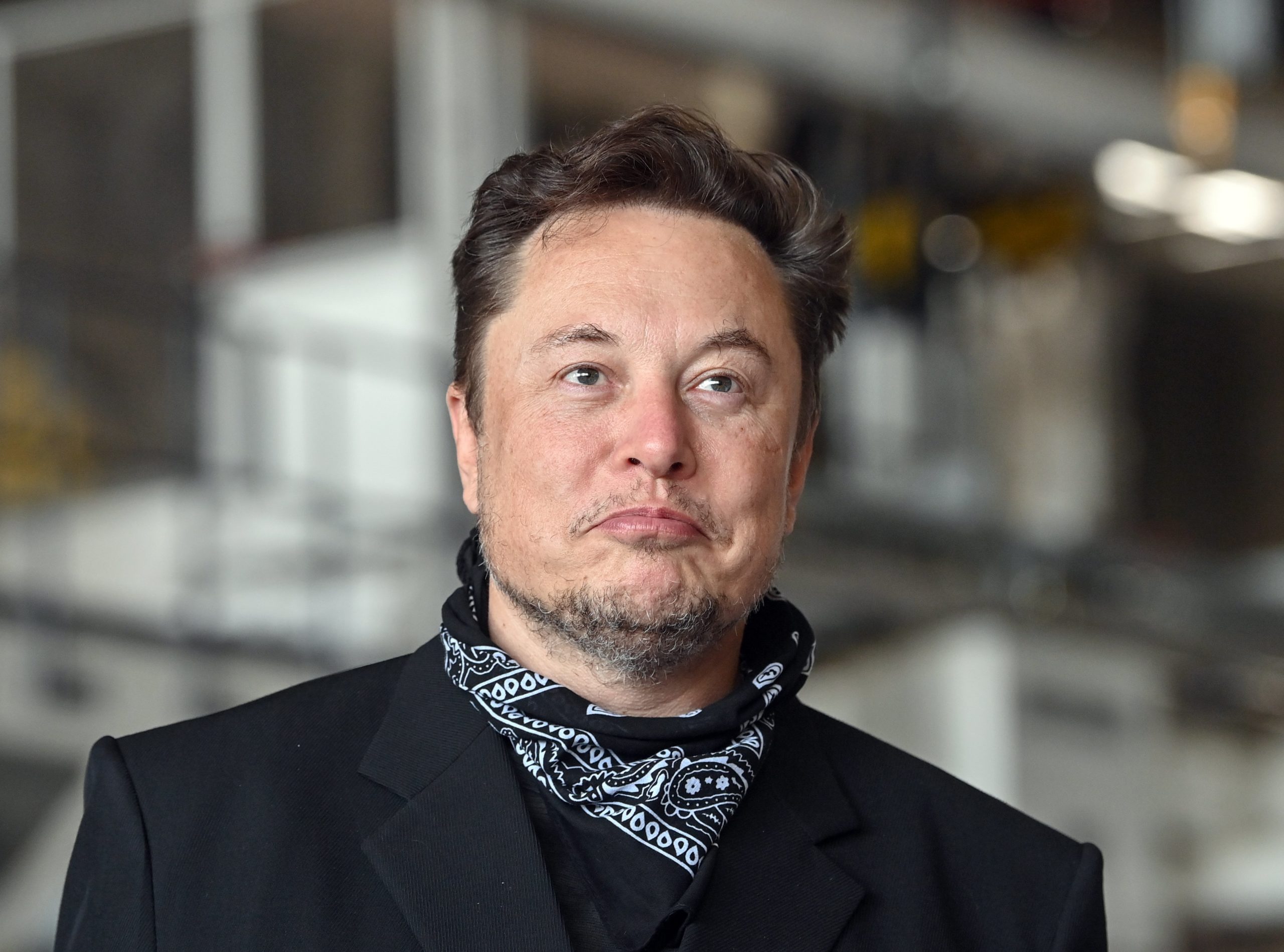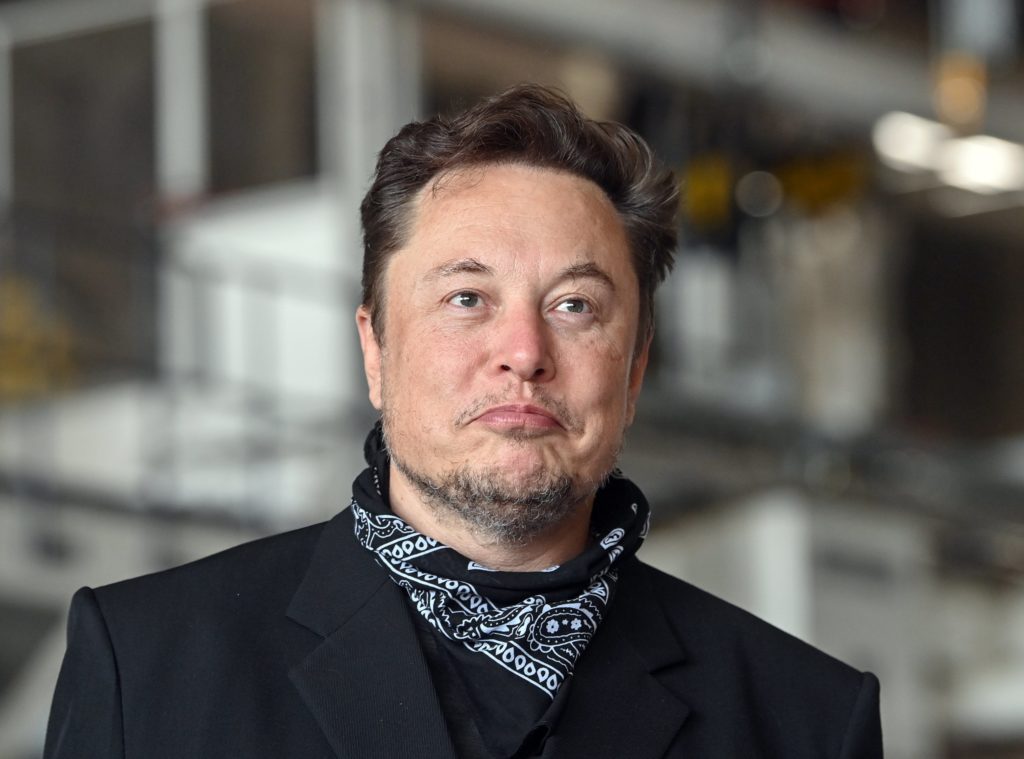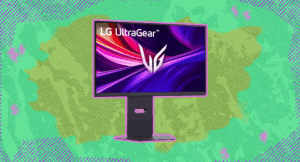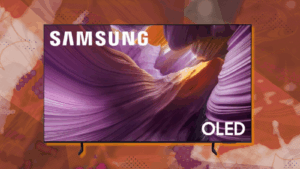
Elon Musk claims he is “terminating” his agreement to buy Twitter. But “terminating” a $44 billion corporate merger agreement isn’t as simple as saying “Hasta la vista, baby” and smoking it with a pistol. So Twitter, for its part, is on the verge of waging legal warfare and, somewhat bizarrely, trying to make Musk finish buying the company whether he wants to or not.
But can the courts really force this transaction to be completed when one party wants out? And is that actually the outcome Twitter wants?
For what it’s worth, it’s what Twitter is signaling it wants, at least for the time being. Salesforce CEO Bret Taylor, apparently tweeting on behalf of Twitter’s board of directors, of which he is a member, claims his fellow board members are dead set on “closing the transaction on the price and terms agreed upon with Mr. Musk,” and that Twitter, “plans to pursue legal action to enforce the merger agreement.”
“We are confident we will prevail in the Delaware Court of Chancery,” Taylor added, referring to a state court where disputes like bankruptcy are sorted out by an official with the title “chancellor” instead of “judge.” The “Delaware” part is because Twitter is incorporated in the state of Delaware, instead of California where it’s headquartered.
So to recap: Twitter’s shareholders are dragging Musk to an obscure (to most people) court in Delaware in the hopes that a chancellor will force him to take Twitter off their hands at the amazingly generous price of $44 billion. As of this writing, Twitter’s market capitalization was closer to $28 billion, so you can sort of see why Musk might not want this.
But according to Ronald Gilson, professor of law and business at Columbia University, this is far from the only possible outcome. “One resolution is for Musk to pay Twitter an amount that reflects the loss from Musk not completing the purchase,” Gilson told Mashable. “The fight is ultimately about money,” he pointed out.
So the legal proceedings may, it seems, come down not to a trial, but to a squabble about Musk’s actions having deprived Twitter’s shareholders of a yet-to-be-determined sum of money, along with exactly what that sum is, and whether or not he’s legally required to cough it up. “There are a lot of questions embedded in how dueling experts will calculate that amount, but the Chancery Court has a lot of ways to get the two sides to negotiate in order to avoid a trial,” Gilson said.
The two parties finding a compromise in order to avoid a trial would be a relatively mundane outcome. But, Gilson continued, “my understanding is that the acquisition agreement was written to severely limit Musk’s ability to do precisely what he is now doing.”
Indeed, the actual text of the agreement includes language about a legal concept known as “specific performance,” an alternative to awarding damages in a dispute, that, under the right circumstances, would require the transaction to be completed. Matt Levine, a legal columnist at Bloomberg, wrote on Saturday, “I like Twitter’s odds — its odds of getting specific performance and making Musk close the deal — in court, but I don’t think anything is a certainty at this point.”
Musk claimed his whole Twitter acquisition was “on hold” back in May because he claimed Twitter had deceived him — and by extension the world — about the number of bots on their service. Many commentators treated this like a transparent stalling tactic, but it’s also a fairly serious allegation that could be construed as fraud. In June, Twitter lavished Musk with data in order to put his spambot fears to bed.
If we take Musk at his word, Twitter’s avalanche of data did not calm his fears at all. In fact, he’s apparently more certain than ever that they are knowingly flogging a service that is overrun with spambots. The letter Musk’s lawyers wrote to Twitter attempting to break off the deal claims that Musk has been making a good faith effort to work out an accurate count of “monetizable active daily users” or “mDAUs,” as opposed to spambots, and he’s not happy about what he found.
“While this analysis remains ongoing, all indications suggest that several of Twitter’s public disclosures regarding its mDAUs are either false or materially misleading,” the letter says. Now the spambot claim in the letter looks like it’s going to be a major pillar of the legal argument Musk’s lawyers are going to make in that aforementioned Delaware court.
If that doesn’t work, and the two sides don’t compromise, it looks like Musk really might become the new owner of a bird-themed social media website that he no longer wants.
And, according to Gilson, “Musk may well be playing a weak hand.”







